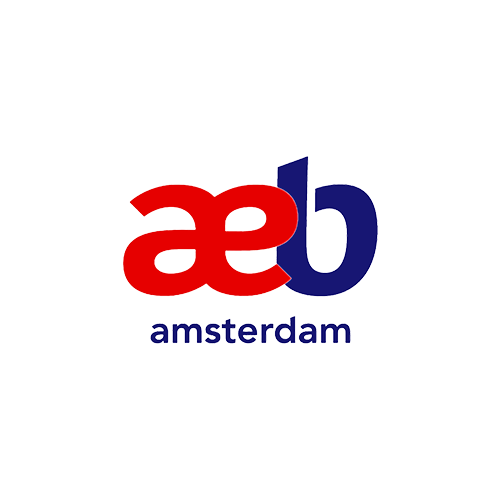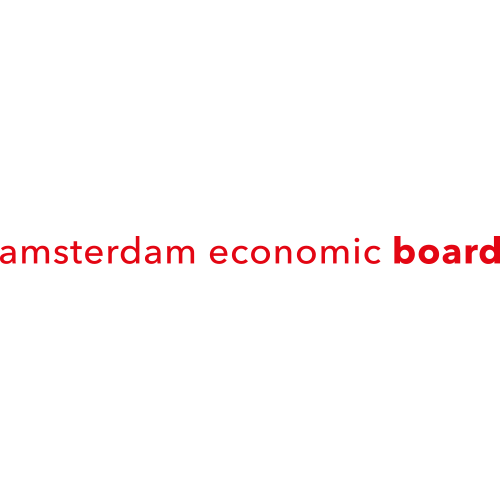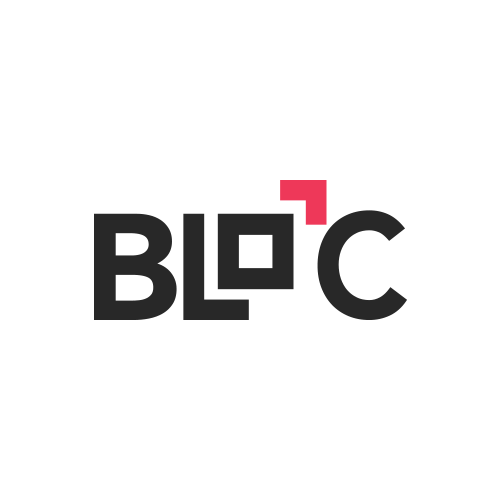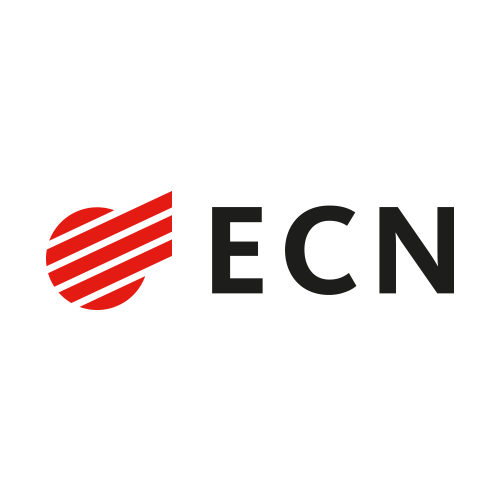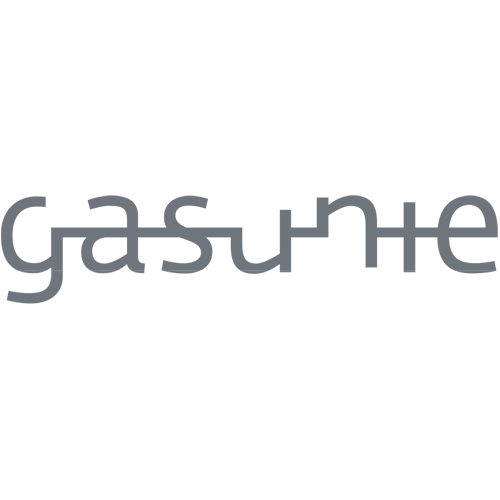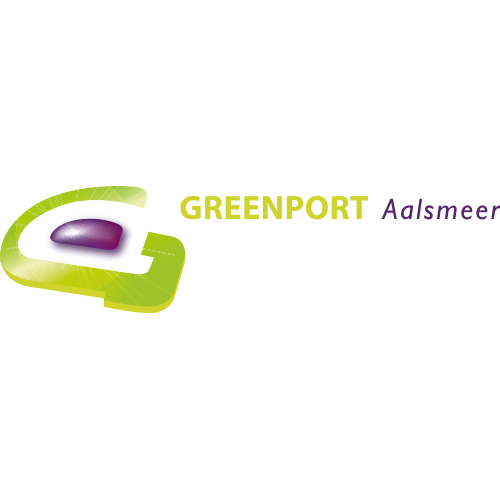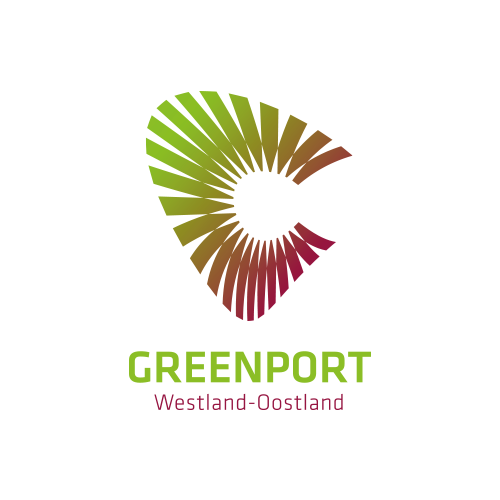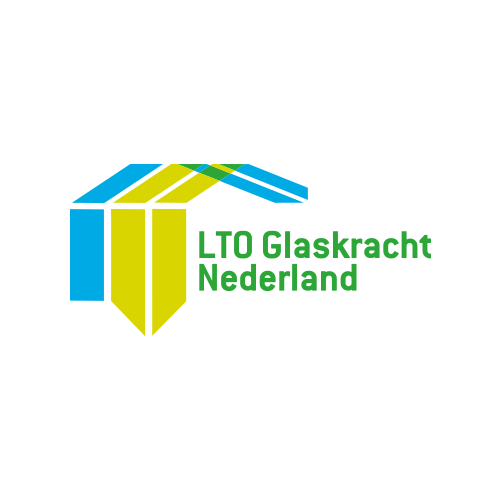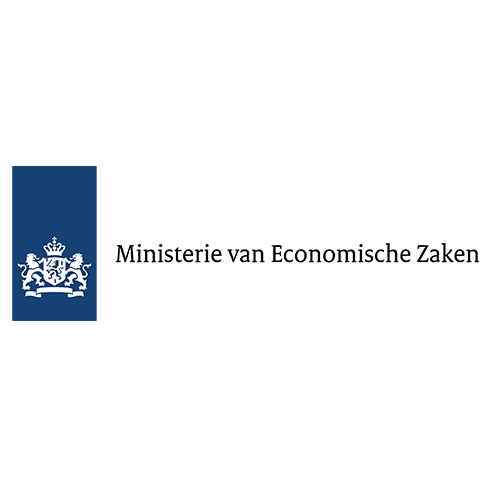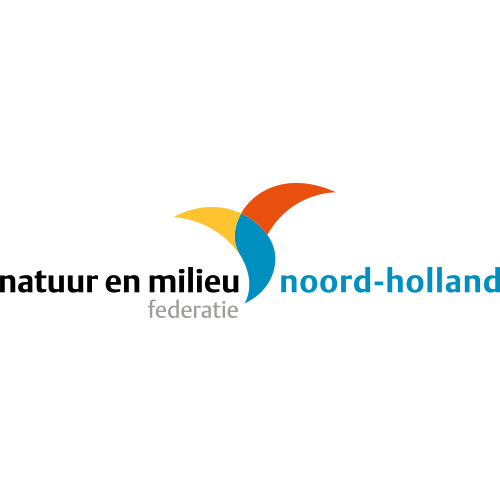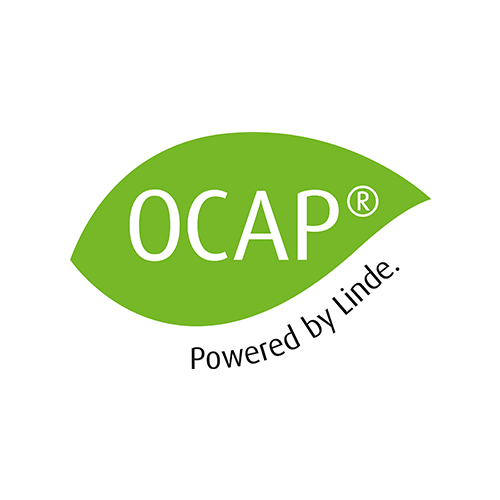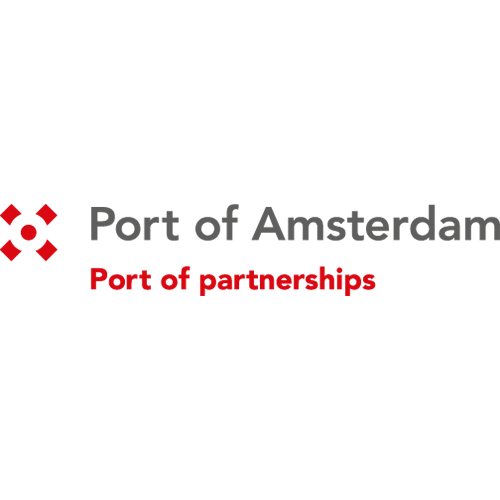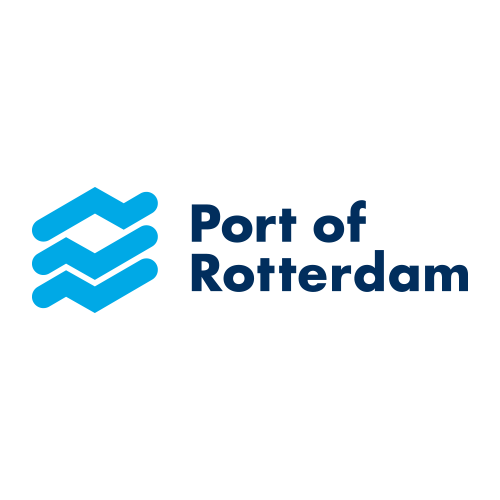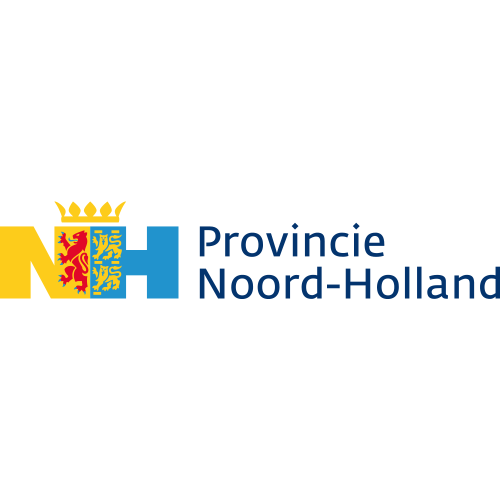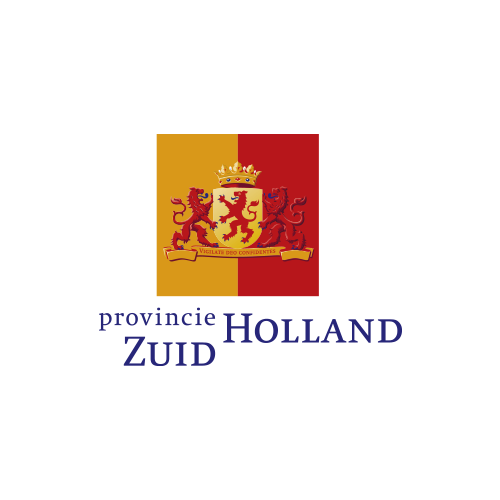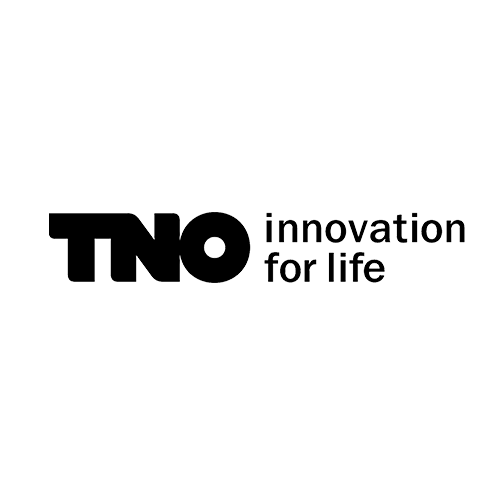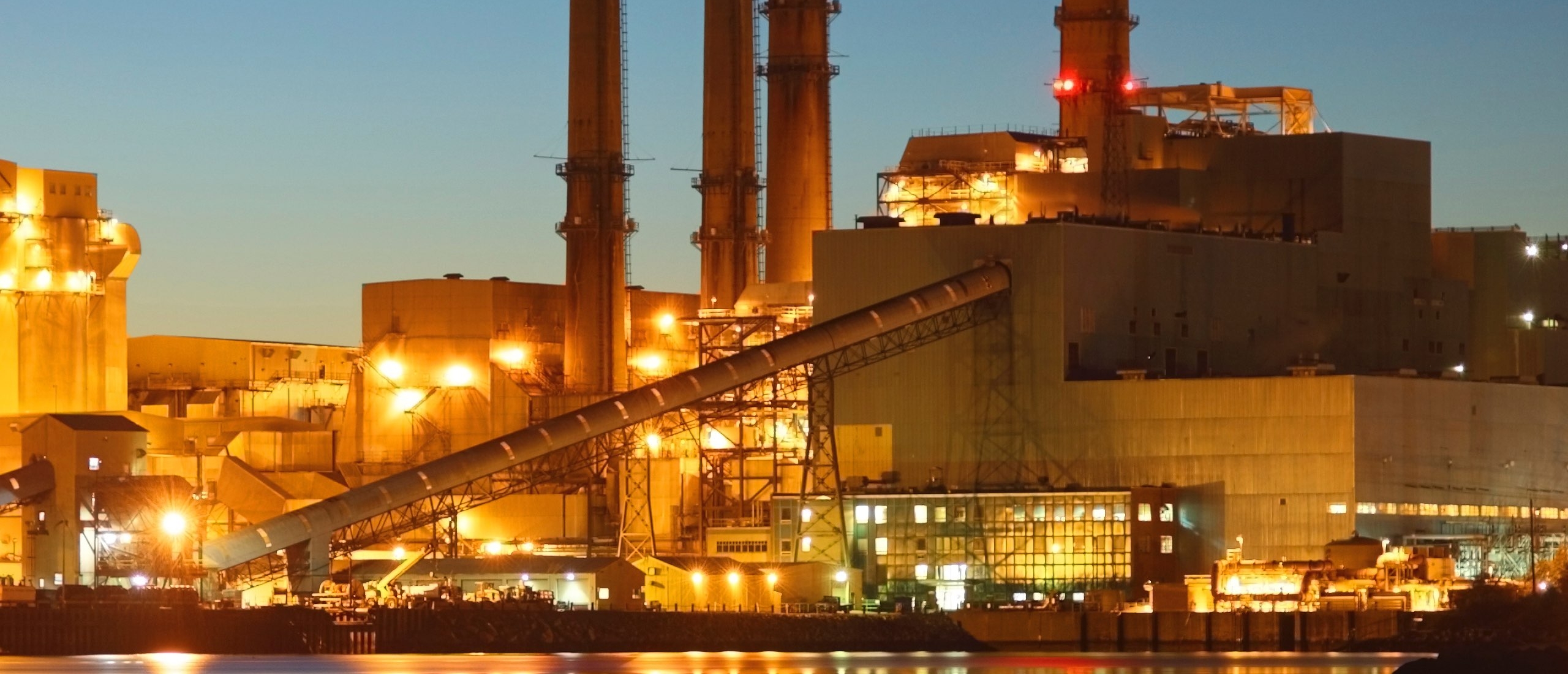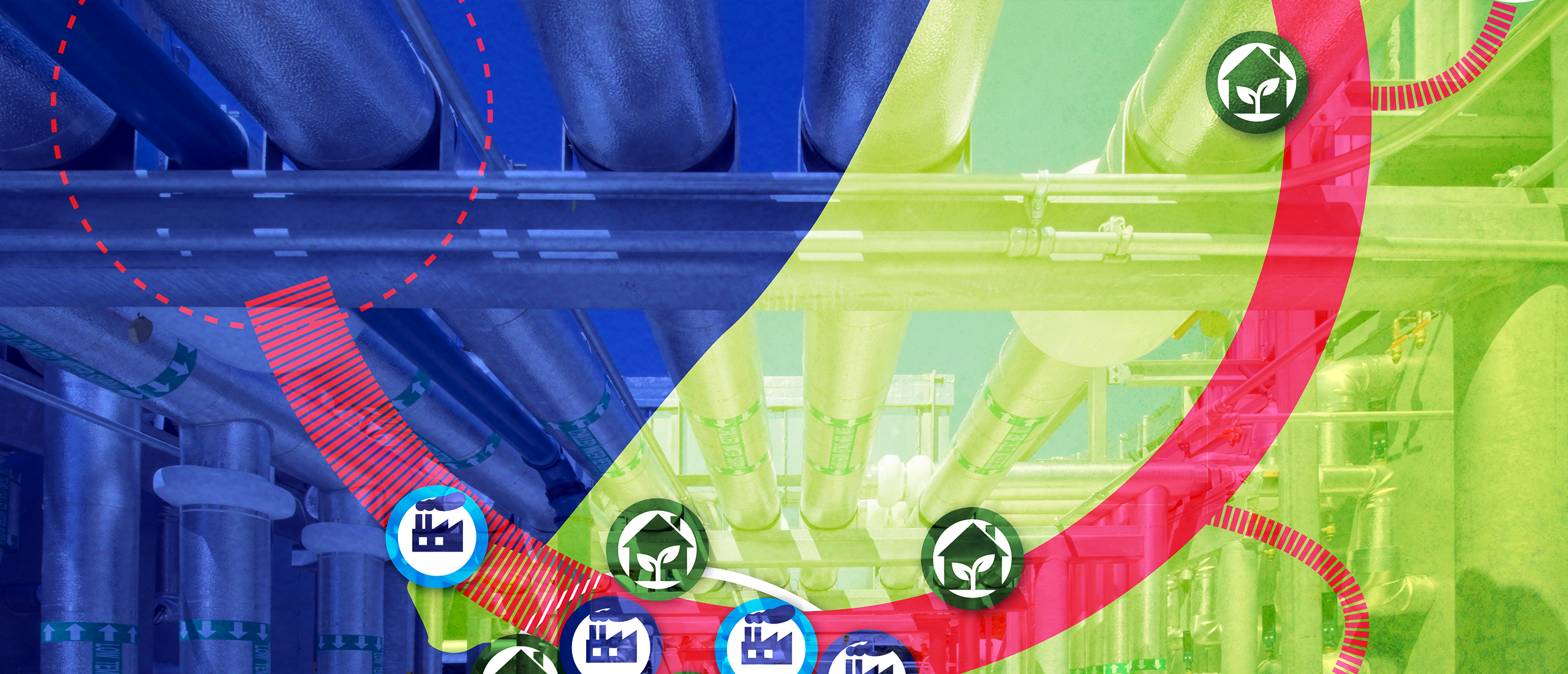
CO2 Smart Grid
A collective of 22 investing partners is working on the world’s first-ever CO2 smart grid.
Opportunity
CO2 is at the core of our climate problems. Can we turn it into something useful?Challenge
The large amount of CO2 emitted into the atmosphere as a result of human activity is causing climate change. These emissions are threatening our quality of life and our security, as well as that of future generations. This has been endorsed by national governments and international authorities, for example during the COP21 climate conference in Paris. Commitments were made there to significantly reduce emissions. In the Netherlands, for example, the objective is a 85-95 percent reduction by the year 2050.
The big question is: How?
Clearly, we need to reduce the amount of CO2 we emit, for example by investing in clean energy generation and industry. However, that transition is going to take a while, certainly in sectors like the steel industry. The good news is that we can store CO2 (that’s called CCS) and we can even put it to good use (called CCU). In order to make that a reality, we have joined forces with 22 partners to create the CO2 Smart Grid!
We were inspired by the following examples of CO2 as raw material:
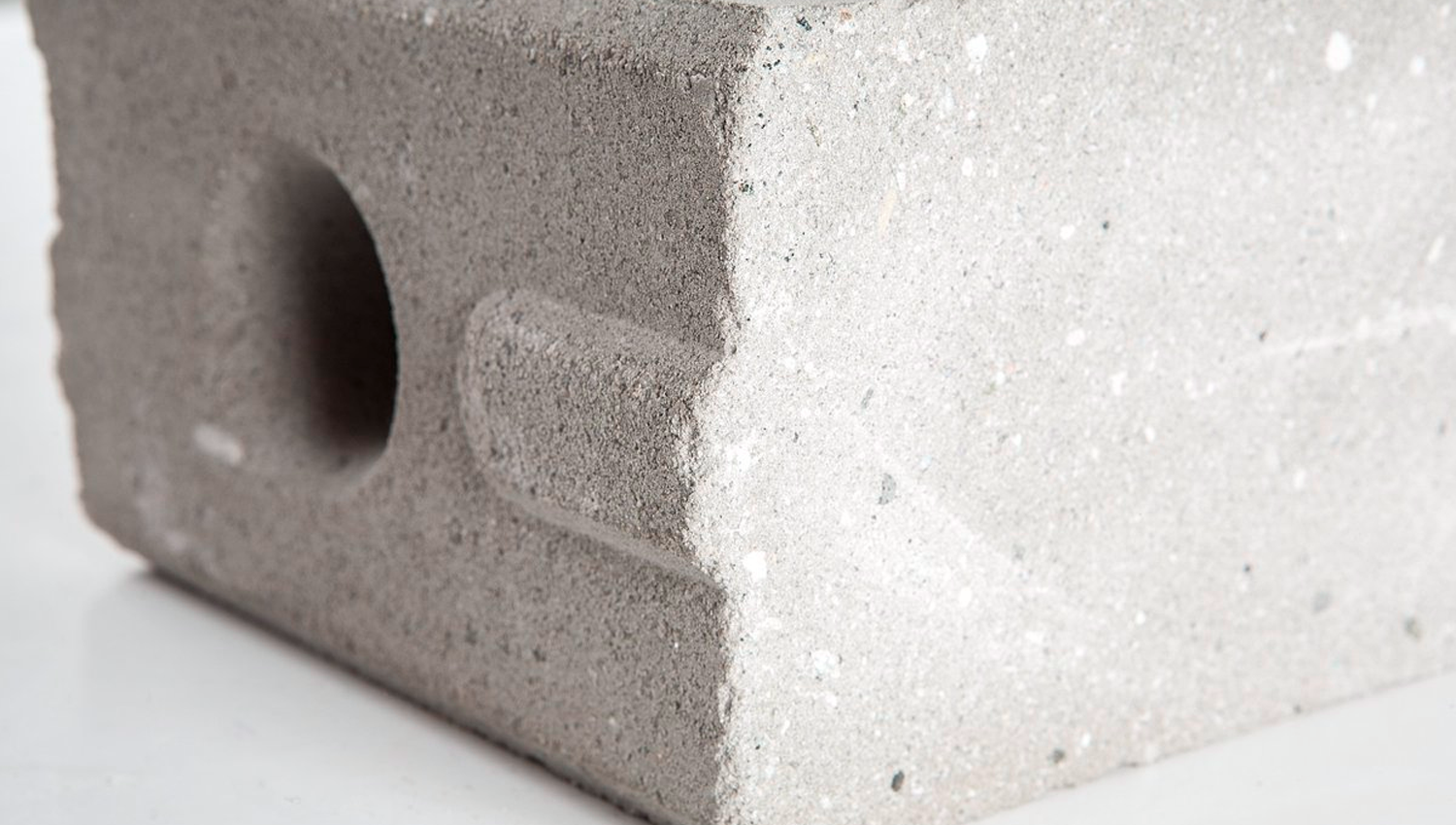
Construction materials
There are many ways to use CO2 in the production of construction materials. Preferably this would involve binding it to the materials, then it can be stored for the long-term. Ruwbouwgroep in Harderwijk is a company that does just that. Their Compensatiesteen bricks consist for 25% of bound CO2!
Website Ruwbouwgroep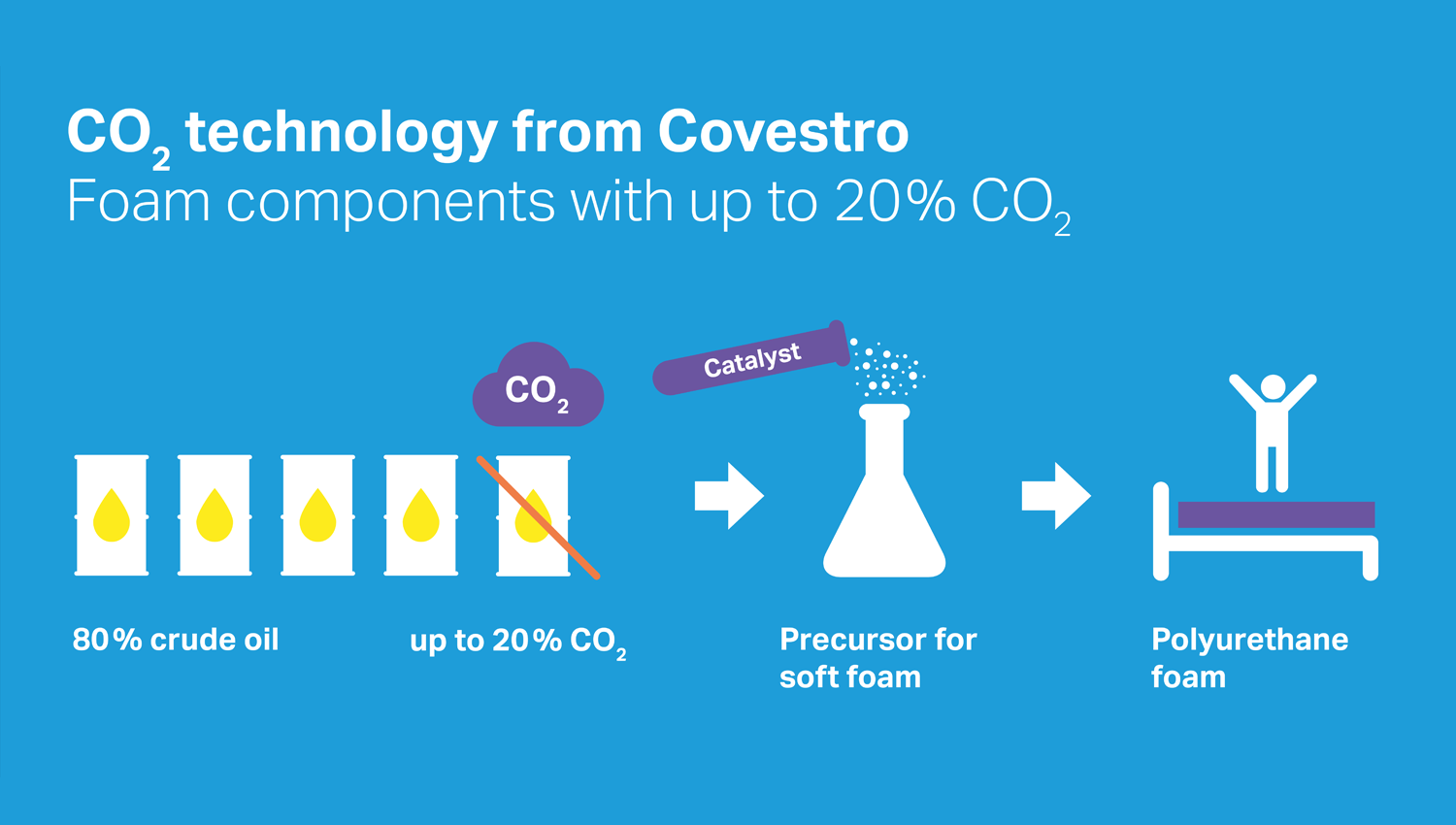
Plastics
CO2 is already an essential ingredient in many chemical processes. At Covestro in Germany, for example, they are even replacing crude oil with CO2 as a raw ingredient in the production of mattresses.
Website Covestro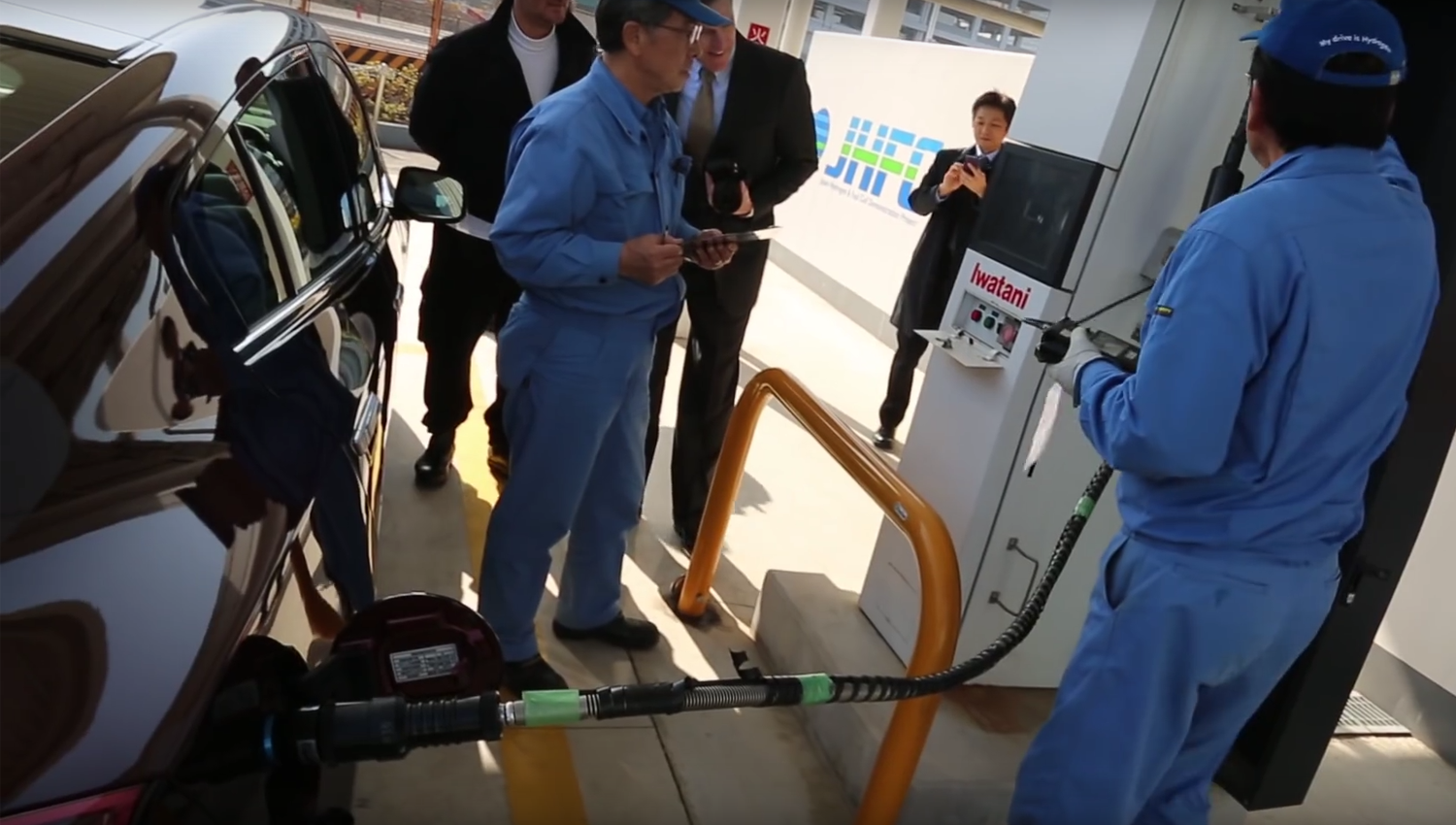
Fuels
The world of fuels is a potentially huge market for recycled carbon. For example, by increasing the efficacy of photosynthesis using bacteria, efforts are underway to create (substitutes for) kerosene, ethanol and diesel. A very broad and interesting development!
Must read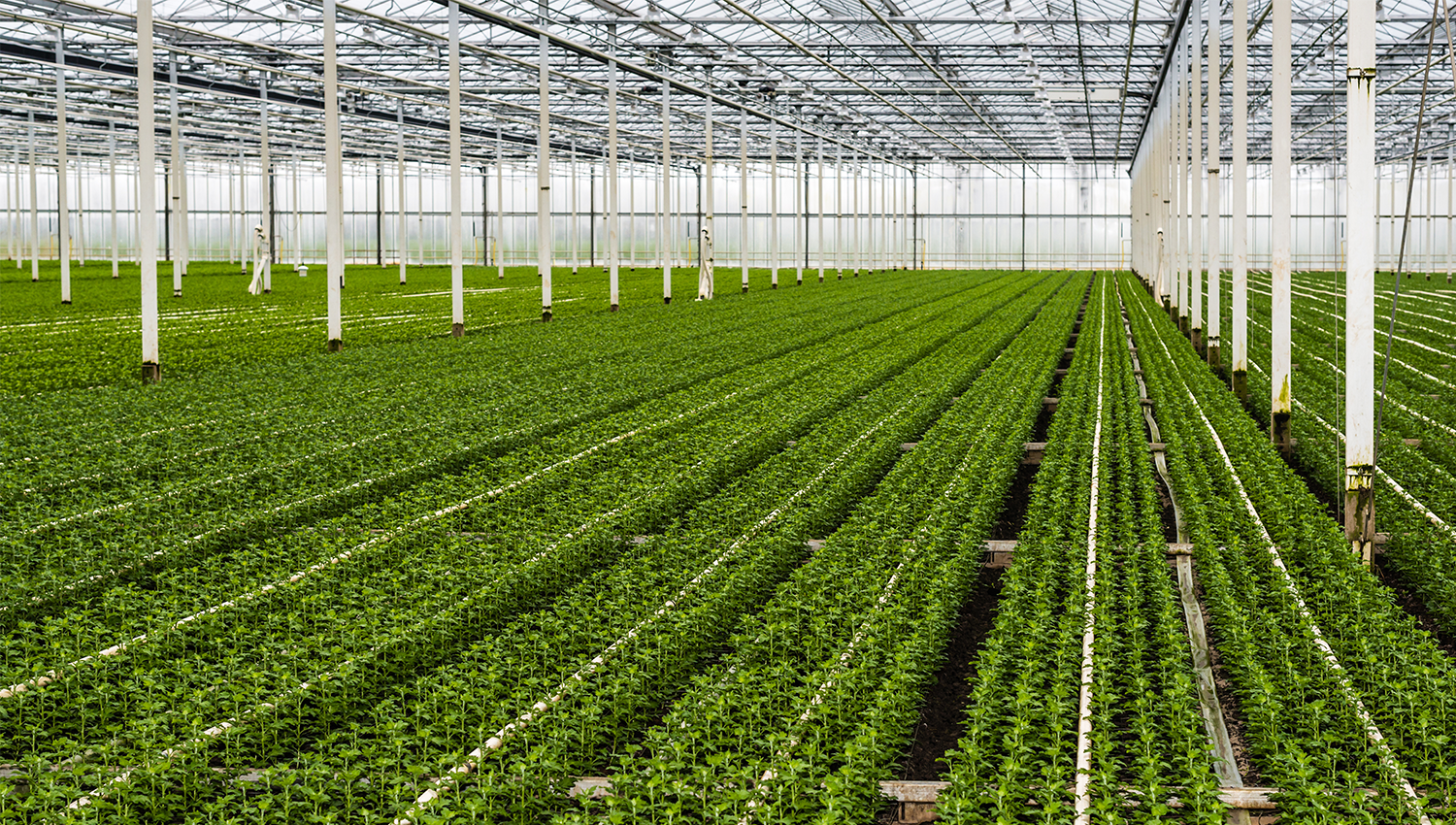
Food
A more concrete application is the use of CO2 in the food industry. For instance, the Dutch company OCAP is currently pumping huge amounts of CO2 (0.6 megatons annually) into greenhouses as a fertilizer. It enhances the plants’ photosynthesis and prevents the need to use natural gas!
Website OCAPWe will accelerate this development in the Netherlands!
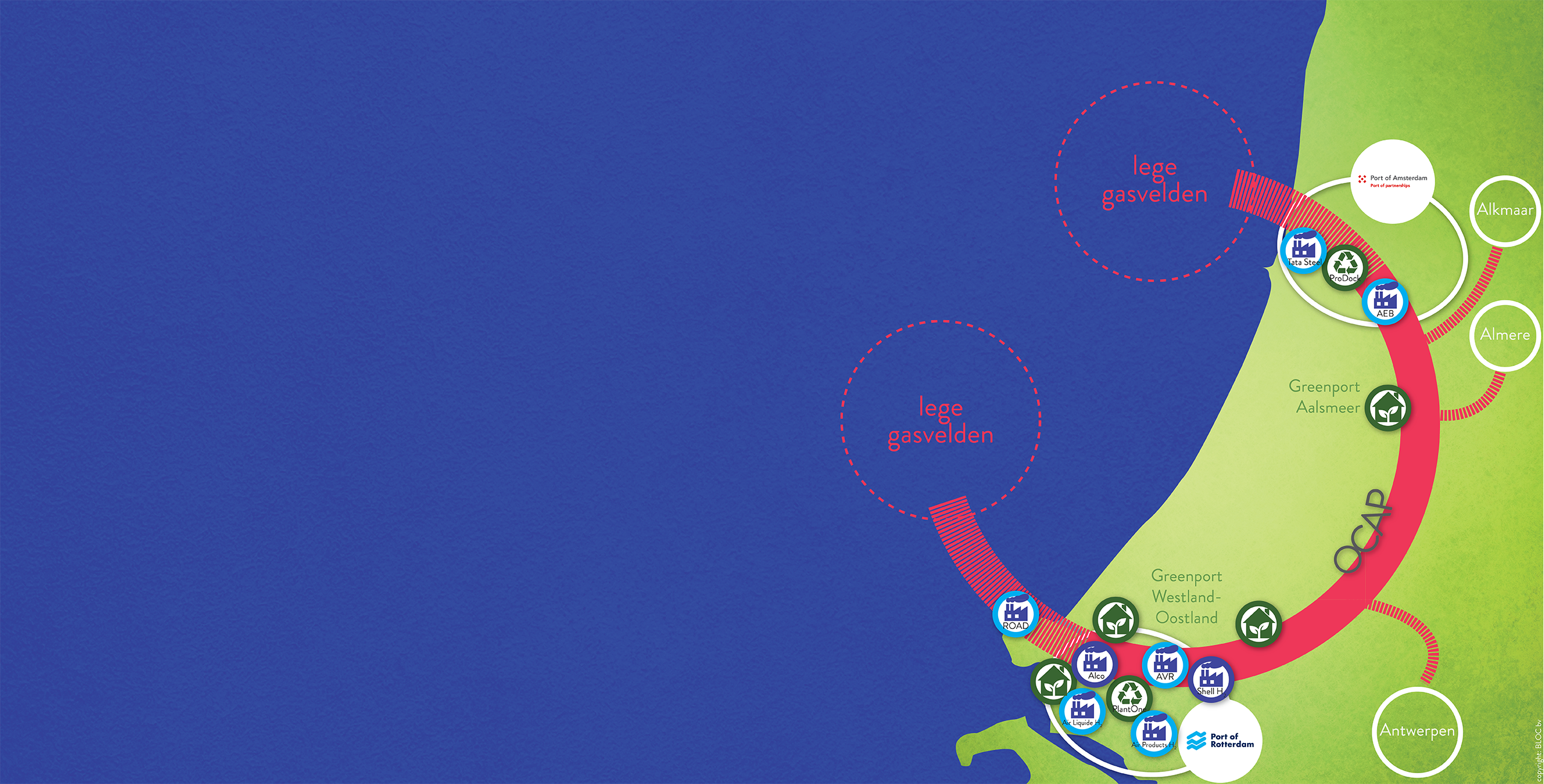
The western region of the Netherlands offers the perfect opportunity to start this transformation. Multiple large industrial plants produce CO2 that can be captured. Large quantities of CO2 are already being supplied to clusters of greenhouse horticulture enterprises through underground structures. That infrastructure can be efficiently expanded and extended to include storage and buffers. The proximity of Europe’s largest and fourth largest sea ports, the rapidly expanding spectrum of CO2 applications (horticulture, biochemistry, construction materials) and the right public context all combine to create the perfect momentum for the world’s first-ever CO2 Smart Grid.
So, why?
In order to capture as much CO2 as possible to prevent it from ending up in the atmosphere. And at the same time to take steps towards a circular economy.
What’s our current status?
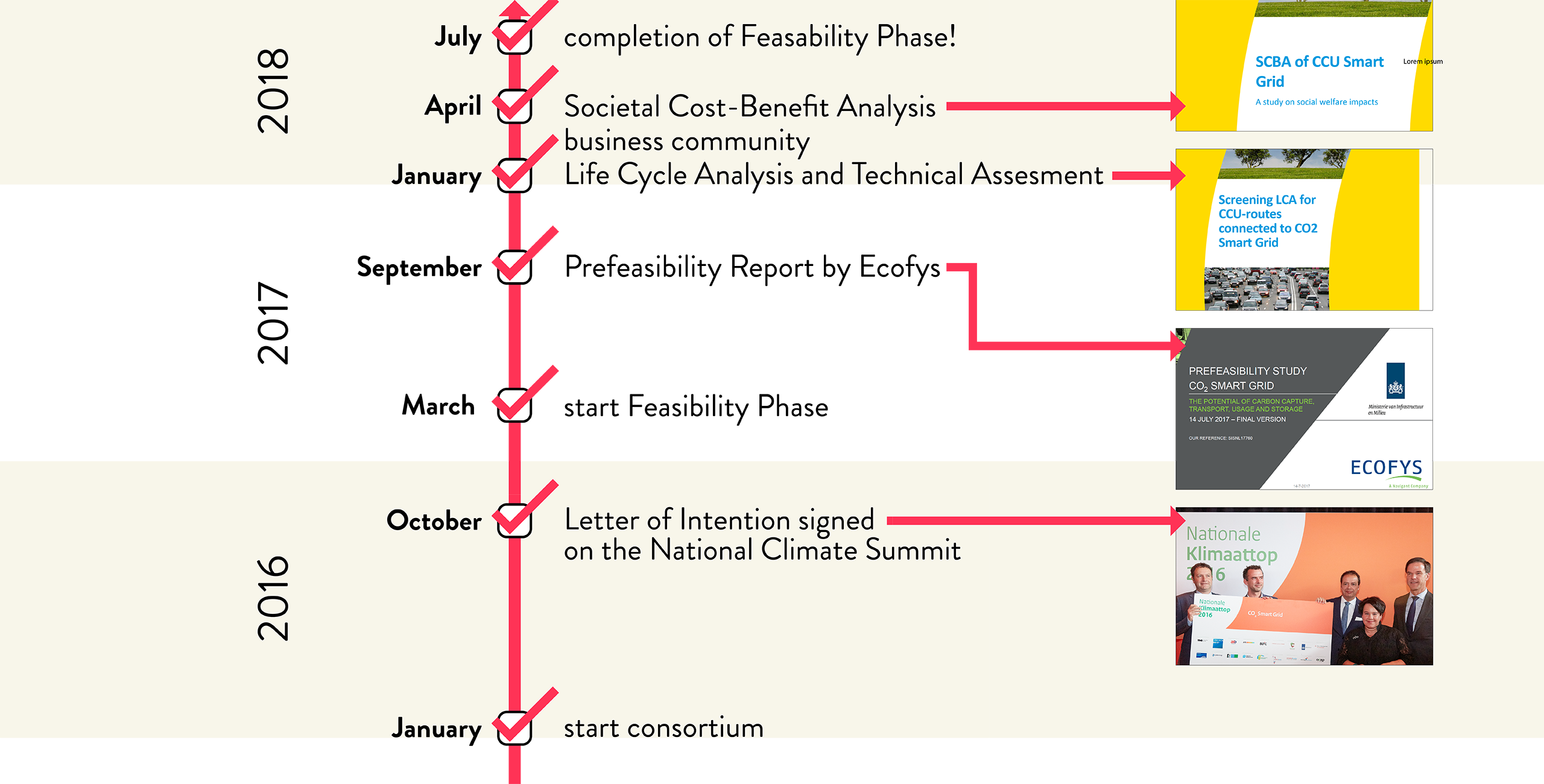
Will you join us?
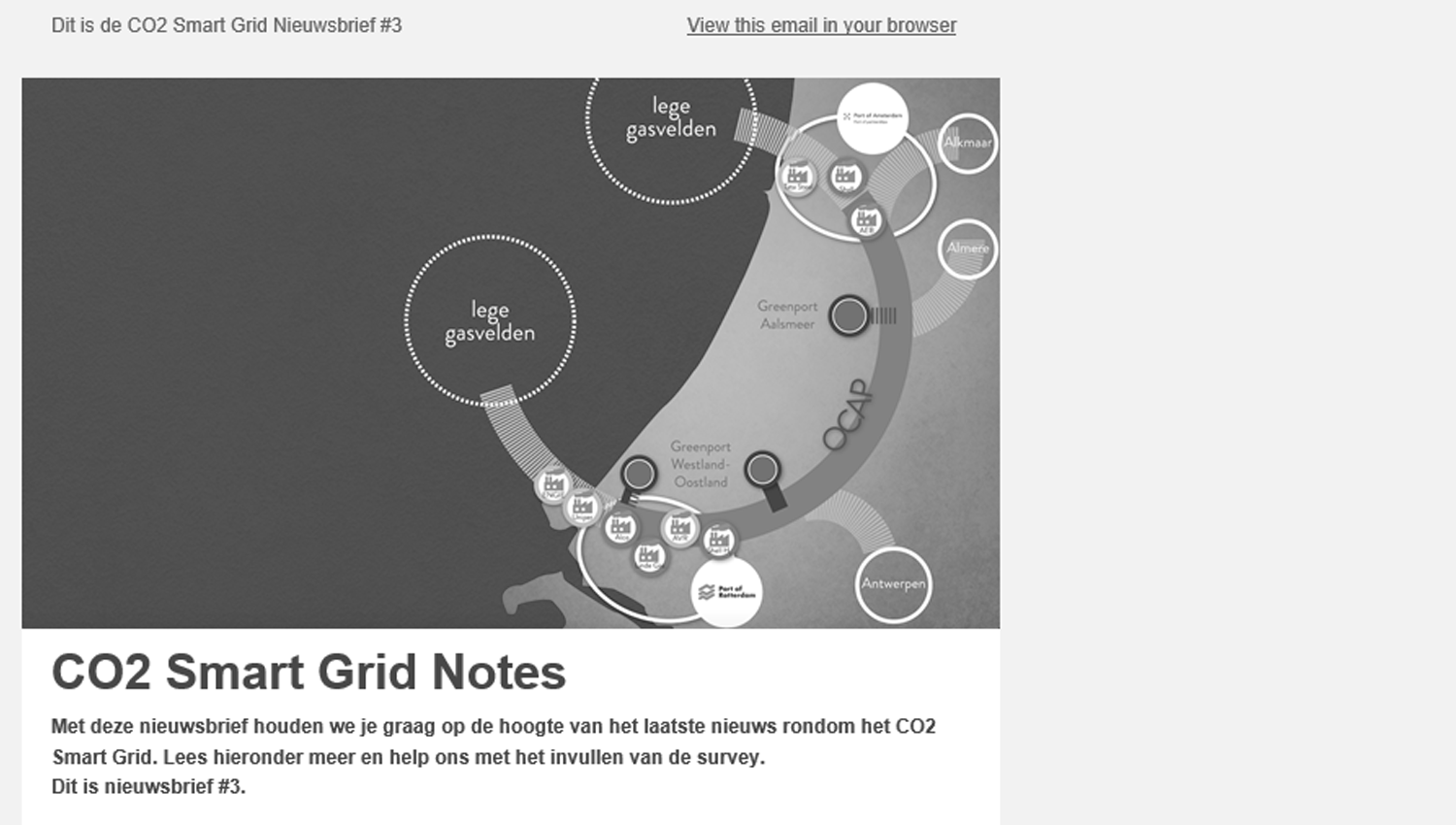
The latest news
Our newsletter contains the latest news about the CO2 Smart Grid and developments surrounding CCS and CCU. Read the latest newsletter!
Read it!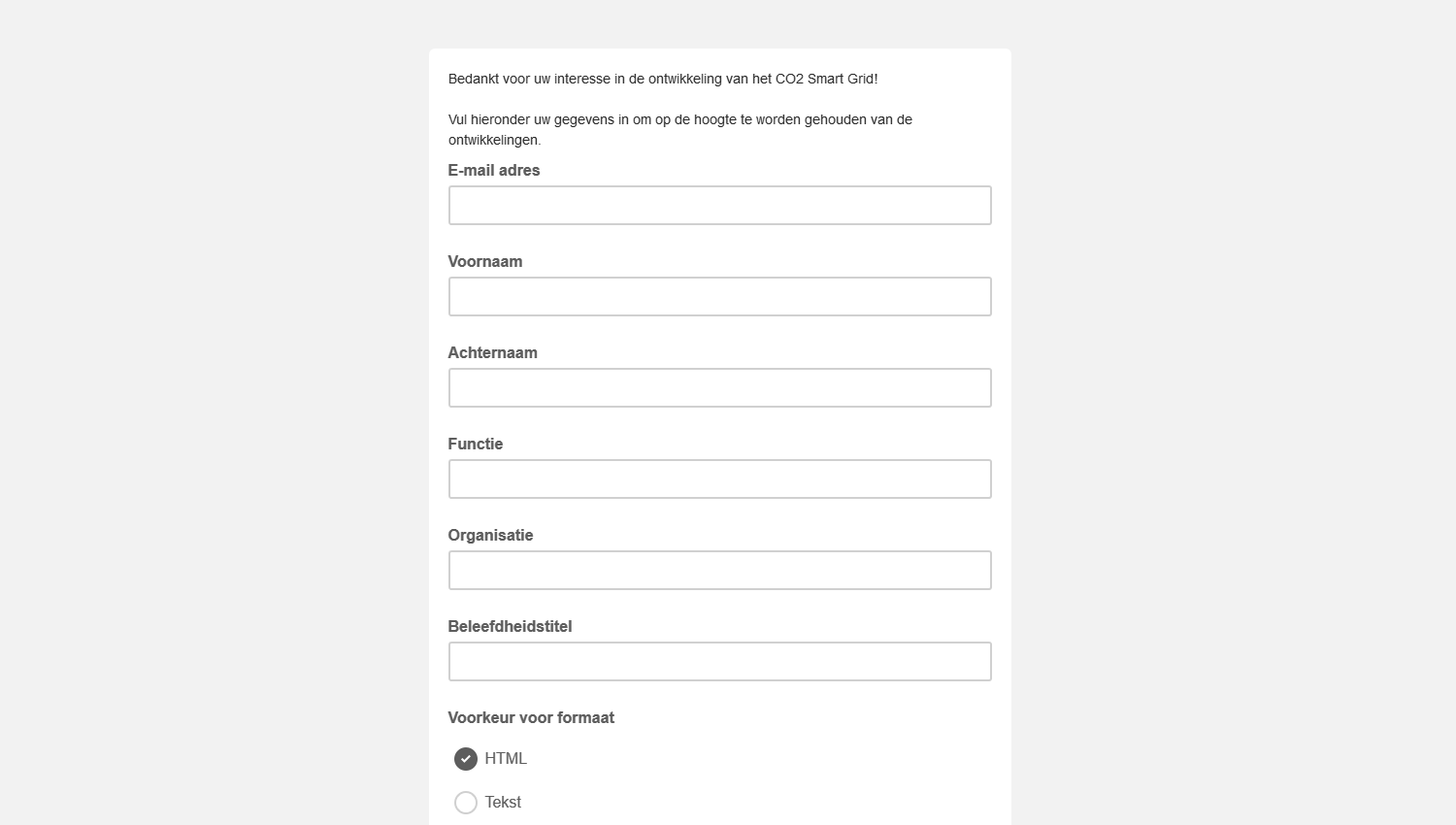
Stay informed
Keep abreast of developments through our newsletter which we release about once every quarter.
Register!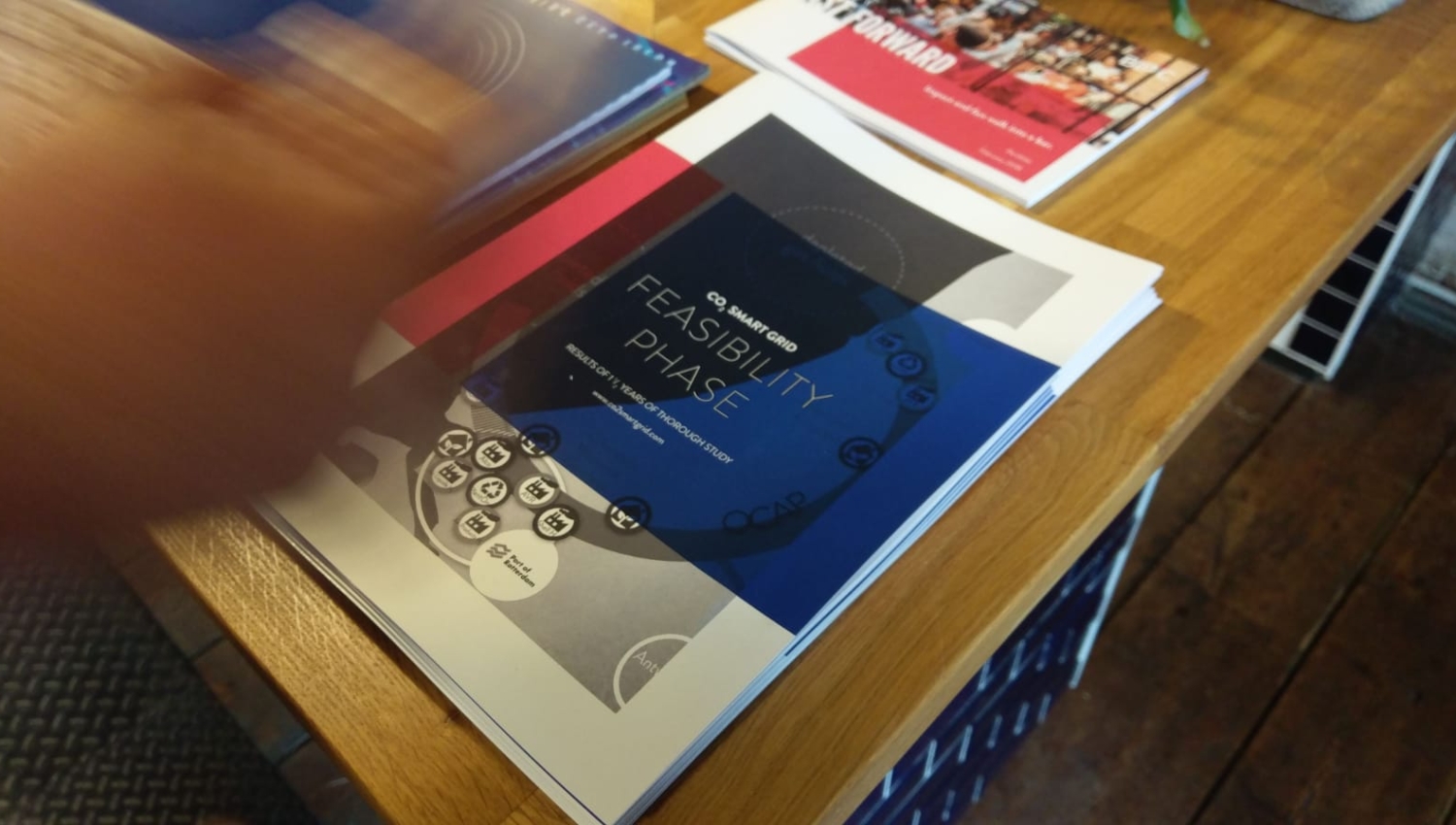
Final document Feasibility Phase
We have spent one and a half year of hard work on the feasability phase. This has resulted in a lot of insight into the opportunities and challenges of our proposition. The most important conclusions and a forecast has been put together into this summarising document.
Read it here!
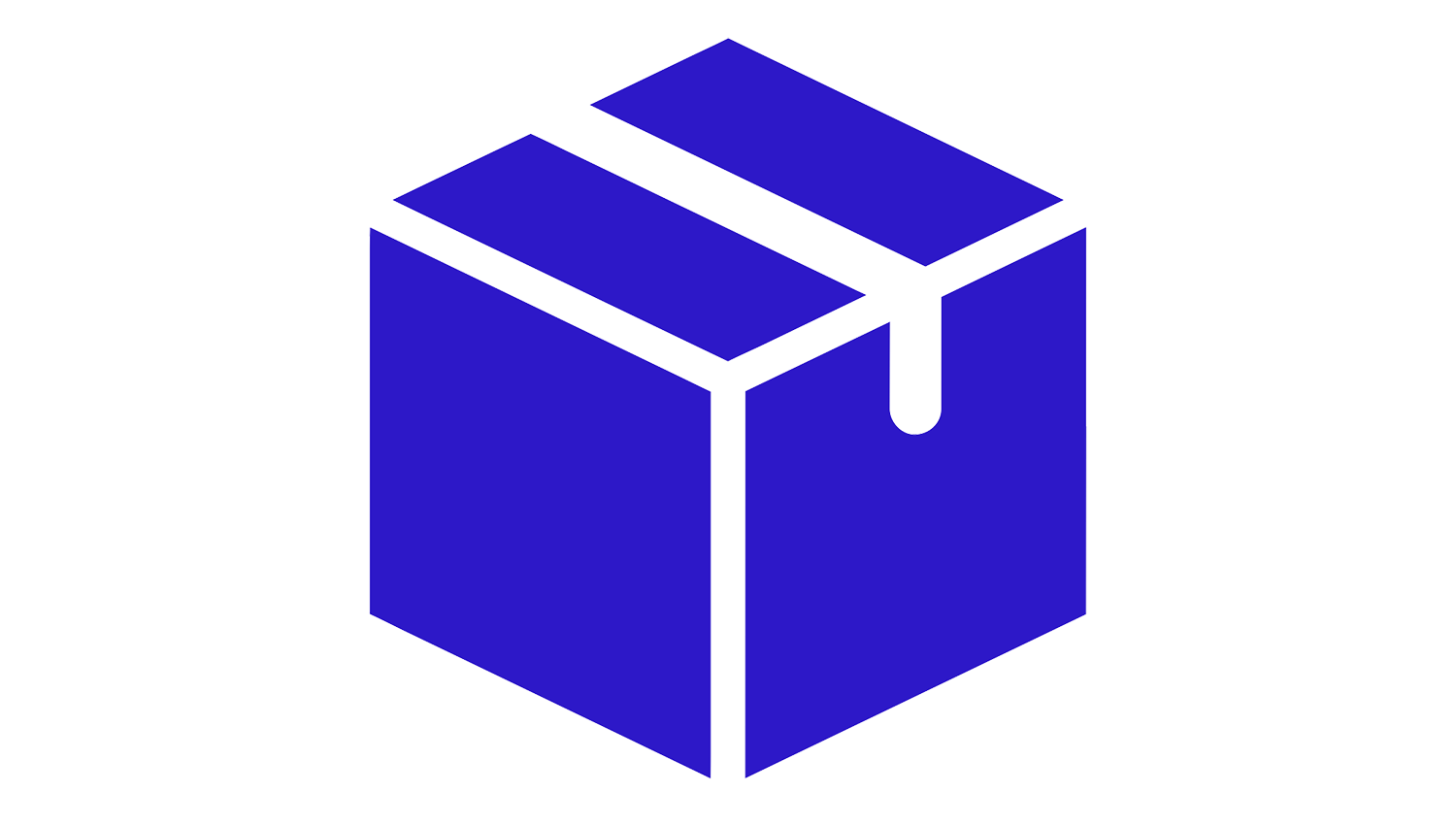
Package of all the reports
Do you want to take a deep dive into all our research? Download the whole package of reports hereunder!
Download the package!Next steps
We will focus on aligning our efforts and promoting the results of our research to everyone interested. Our main priority remains stimulating the use of CO2 in the Netherlands. And we have something to offer! We will do this in a separate community to identify new business cases and work towards funding applications. This community – with CarbonClub as working title – will be launched as a self-sufficient platform on the 1st of January. During the fall of this year we will organize the first 3 meetings to test the concept.
Session 1: 18 October 2018 13:00 – Mineralisation of CO2
Session 2: 15 November 13:00 – CCU and sustainable H2 (in association with Deltalinqs & Voltachem)
Session 3: 13 December 13:00 – Synergy between CCU and CCS (in association with CATO)
How to stay involved
Do you want to be informed in more detail about the meetings, then register here : http://bit.ly/co2smartgridcommunity.
We will inform you about the subject, setup and location via e-mail.

